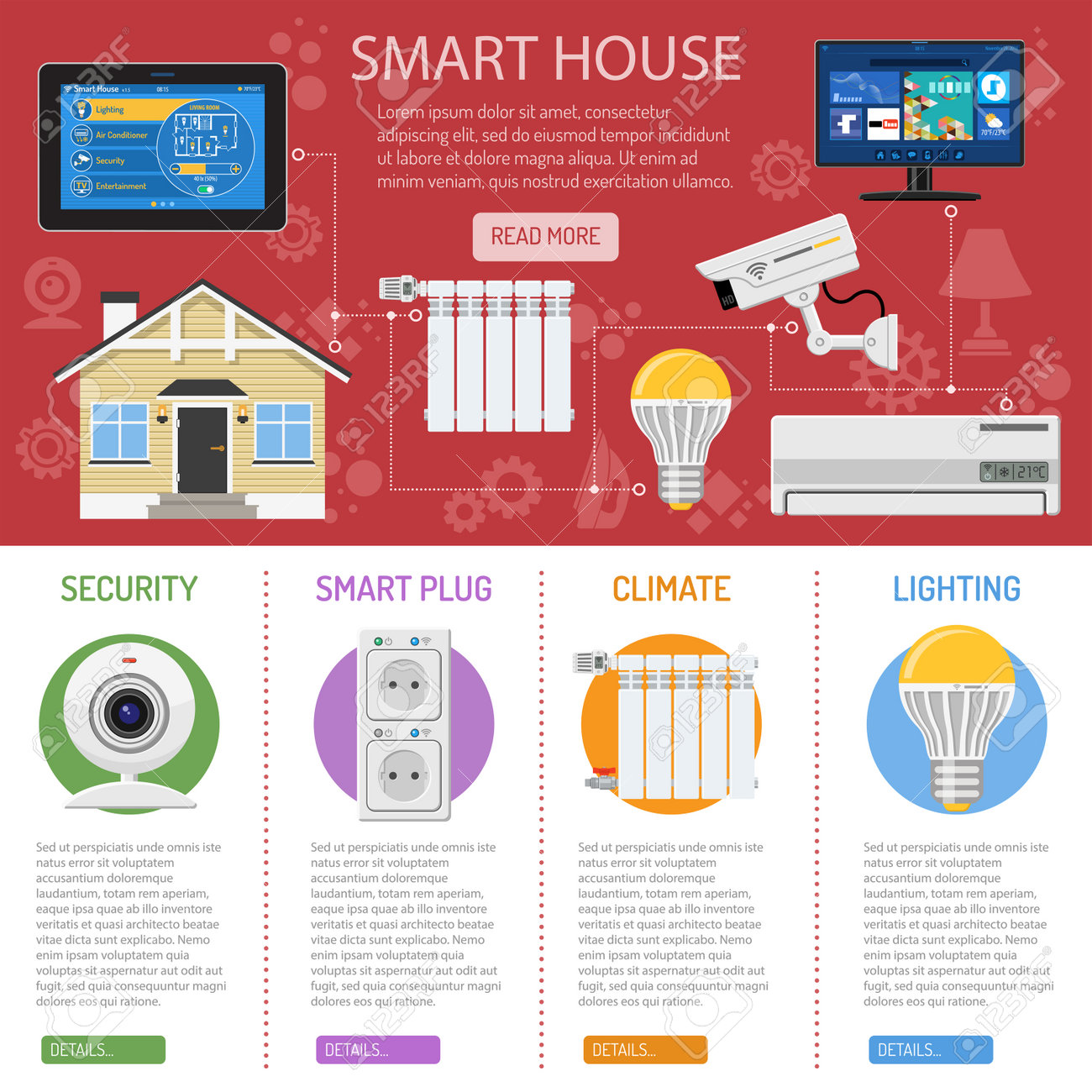When determining between air source and ground resource heatpump, you may find yourself weighing aspects like efficiency, cost, and ecological influence. Each option offers distinct benefits, however which one lines up best with your requirements and priorities? As you explore the distinctions in between these 2 sorts of heatpump, you'll reveal vital understandings that can lead you towards making an educated decision that suits your distinct circumstances. Stay tuned for a deeper study the subtleties of air source versus ground resource heatpump to aid you navigate this important option.
Efficiency and Efficiency Comparison
When contrasting air source and ground resource heat pumps for efficiency and efficiency, it's important to consider just how each system runs in various conditions. Air resource heat pumps remove heat from the outside air, making them more at risk to fluctuations in temperature. This means they could be less efficient in exceptionally cool environments.
On the other hand, ground resource heatpump utilize secure below ground temperature levels for warm exchange, offering even more consistent performance despite exterior weather. Ground resource heat pumps are usually more energy-efficient in the long run as a result of the secure warm source underground. Furthermore, ground source heatpump tend to have a longer lifespan compared to air source heatpump, which can influence long-term efficiency and upkeep prices.
Expense Evaluation: Installation and Maintenance
For a comprehensive contrast between air source and ground source heatpump, it's vital to assess the expenses associated with their installation and maintenance. Air source heat pumps normally have reduced ahead of time setup prices compared to ground resource heatpump. heat pump installation services of air source heat pumps entails less facility excavation and exploration, making it a more affordable alternative for numerous house owners.
Nonetheless, ground source heatpump are recognized for their higher efficiency, which can lead to reduced lasting energy prices, potentially offsetting the first installment expenditures in time.
When it involves maintenance prices, air source heat pumps are typically much easier and less expensive to keep contrasted to ground source heat pumps. Ground source heat pumps call for regular examine the underground loop system, which can incur additional upkeep expenditures.
On the other hand, air resource heat pumps commonly need easy filter adjustments and periodic specialist evaluations, maintaining upkeep prices reasonably reduced.
Consider both the in advance installation expenses and long-term maintenance expenses when determining in between air resource and ground source heatpump to establish which choice straightens ideal with your budget and needs.
Environmental Influence Analysis
Analyzing the environmental impact of air source and ground source heat pumps is essential in understanding their sustainability.
Air source heatpump call for power to operate, which can bring about enhanced carbon discharges if the electrical power originates from nonrenewable fuel sources. On the other hand, ground resource heatpump use the steady temperature of the ground to heat and cool your home, leading to lower power intake and decreased greenhouse gas exhausts.
mitsubishi heat pump price nz of both kinds of heatpump includes some level of environmental influence, such as making use of refrigerants in air resource heatpump or the excavation needed for ground loops in ground source heat pumps. However, ground resource heat pumps have a longer life-span and greater performance, making them a much more eco-friendly choice in the long run.
Conclusion
When choosing between air source and ground source heatpump, consider your climate, spending plan, and environmental goals. Air resource heatpump are more cost-effective upfront, yet ground source heatpump provide higher effectiveness and long-lasting savings. Select the choice that lines up with your top priorities and needs for a comfortable and sustainable heating option.
